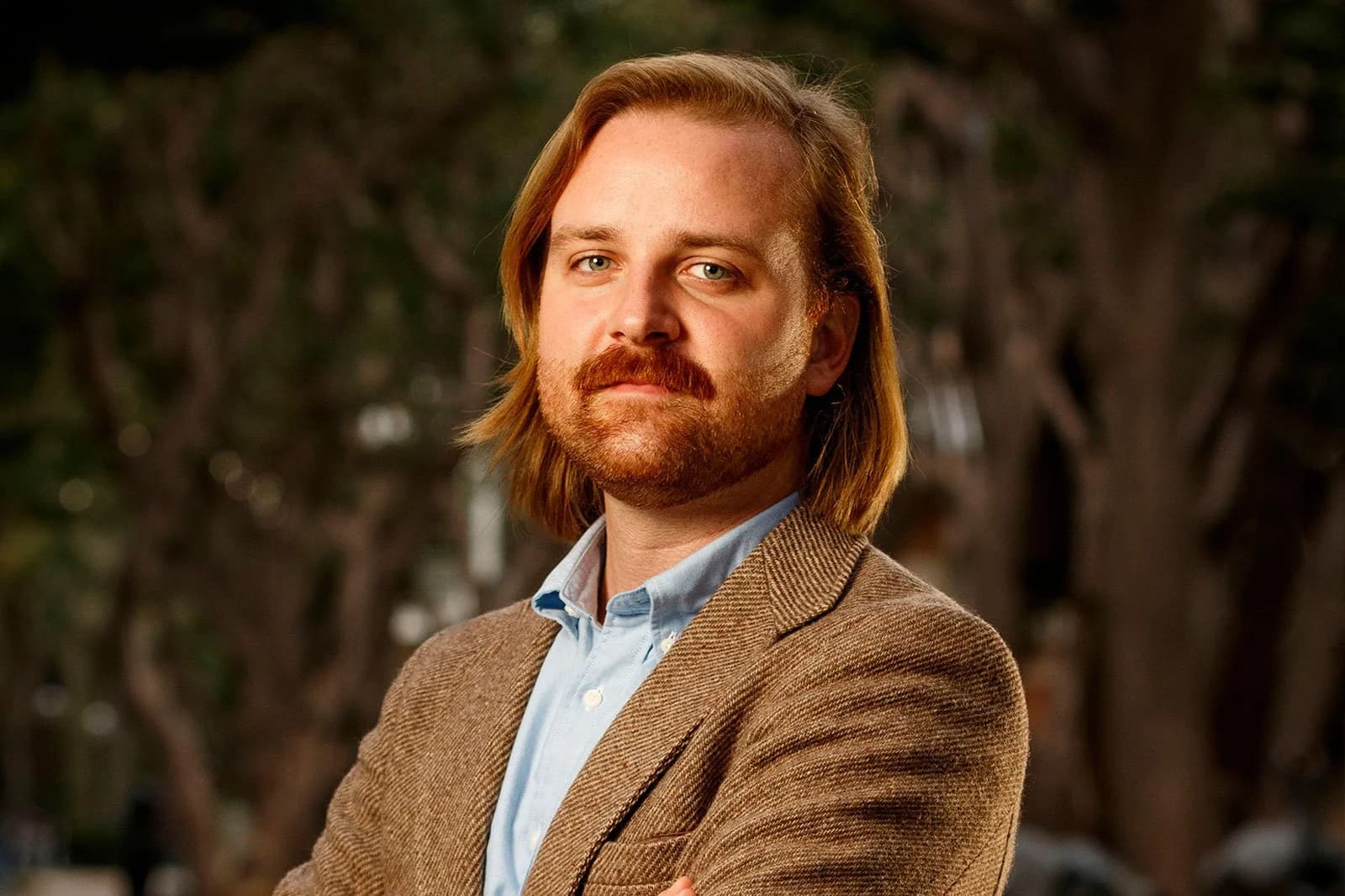YIMBY Movement Faces Internal Scrutiny Over Progressive Credentials Amidst Segregation Discourse

Urban planner and author M. Nolan Gray recently highlighted the ongoing internal debate within the YIMBY (Yes In My Backyard) movement, noting a persistent critique that the movement is "insufficiently progressive" despite its focus on issues like segregation. Gray, a prominent advocate for housing reform, expressed this sentiment on social media, stating, "It's odd how, when your progressive cause wins, you get constantly scolded for being insufficiently progressive."
Gray's tweet underscores a tension point within the pro-housing advocacy landscape. His book, "Arbitrary Lines: How Zoning Broke the American City and How to Fix It," extensively details how restrictive zoning policies have historically contributed to racial and economic segregation. The YIMBY movement broadly aligns with this view, advocating for deregulation and increased housing density as a means to foster more affordable and inclusive communities and to dismantle the legacy of exclusionary housing practices.
The YIMBY movement, which originated in the San Francisco Bay Area in the 2010s, aims to address housing affordability crises by promoting increased housing supply and opposing density limits. Proponents argue that building more homes, particularly in affluent areas, can combat historical redlining and segregation. Many YIMBY organizations explicitly frame their work as a fight for equity and racial justice, integrating insights from works like "The Color of Law" into their advocacy.
However, the movement faces criticism, often from other progressive groups, including some tenant advocates and socialists. These critics argue that a focus on market-rate housing, even with increased supply, can accelerate gentrification and displacement, particularly in working-class communities. Some suggest that the YIMBY approach prioritizes developer interests over the needs of vulnerable populations, leading to accusations of being "insufficiently progressive" or not genuinely addressing systemic inequalities.
Despite these internal and external critiques, the YIMBY movement continues to gain traction, with growing support across the political spectrum and increasing legislative victories. The ongoing dialogue, as highlighted by Gray, reflects the complexities of achieving equitable urban development and the constant re-evaluation of strategies within progressive causes.